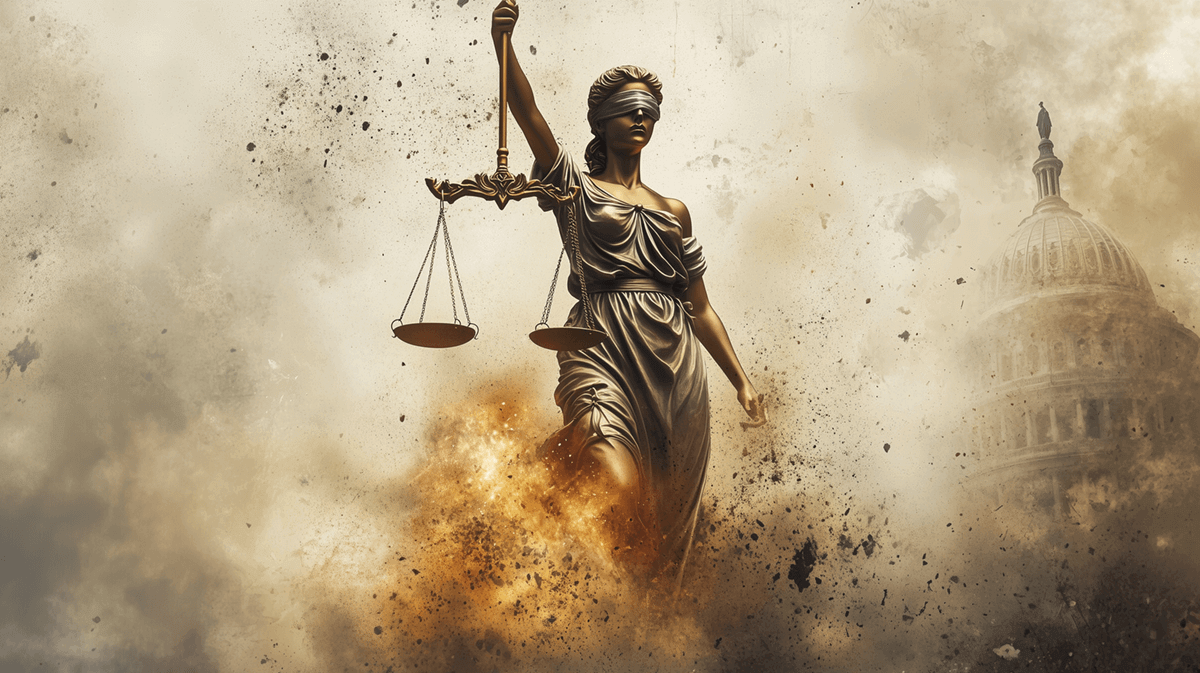In a dramatic escalation of rhetoric, President Donald Trump has openly criticized Chief Judge James Boasberg, accusing him of bias and demanding an immediate investigation into what he describes as a "Rigged System." This confrontation comes amid a series of legal challenges involving the Trump administration, spotlighting the tension between the executive branch and the judiciary.
Trump's allegations surfaced on Truth Social, where he emphatically stated, "There is no way for a Republican, especially a TRUMP, to win before him," attributing Boasberg's alleged bias to "Massive Trump Derangement Syndrome" and supposed familial conflicts of interest. This attack follows reports that Boasberg, who was appointed by George W. Bush and later elevated by Barack Obama, has been assigned multiple cases related to the Trump administration, a situation Trump deems statistically improbable and indicative of personal vendetta.
The controversy intensified with Boasberg's involvement in a fourth case concerning Trump, sparking outrage from the president and his supporters. They argue that the judge's repeated assignment to such cases defies the randomness and fairness expected in judicial proceedings. Trump's critique extended to the broader judicial system, questioning the integrity of the so-called "wheel" method of assigning judges to cases.
At the heart of the latest legal battle is a lawsuit by American Oversight, a nonpartisan watchdog, investigating potential violations of the Federal Records Act linked to a Signal chat group used by key national security officials. This group, which allegedly included unintended participant Jeffery Goldberg of The Atlantic, discussed sensitive military operations, raising serious concerns about security and governance.
Further complicating matters, Trump has voiced frustration over Boasberg's past rulings, particularly one that halted deportation flights of alleged gang members. The president views such decisions as overreaches that undermine his executive authority on national security issues.
The White House, through press secretary Karoline Leavitt, has supported Trump's accusations, labeling Boasberg "an activist judge" and citing his wife's donations to the Democratic Party as evidence of bias.
This unfolding drama represents a significant clash within the U.S. government, highlighting deep divisions and raising questions about the impartiality and fairness of the judicial system. As tensions mount, the call for an investigation into these allegations underscores the broader debate over justice, power, and politics in America.





